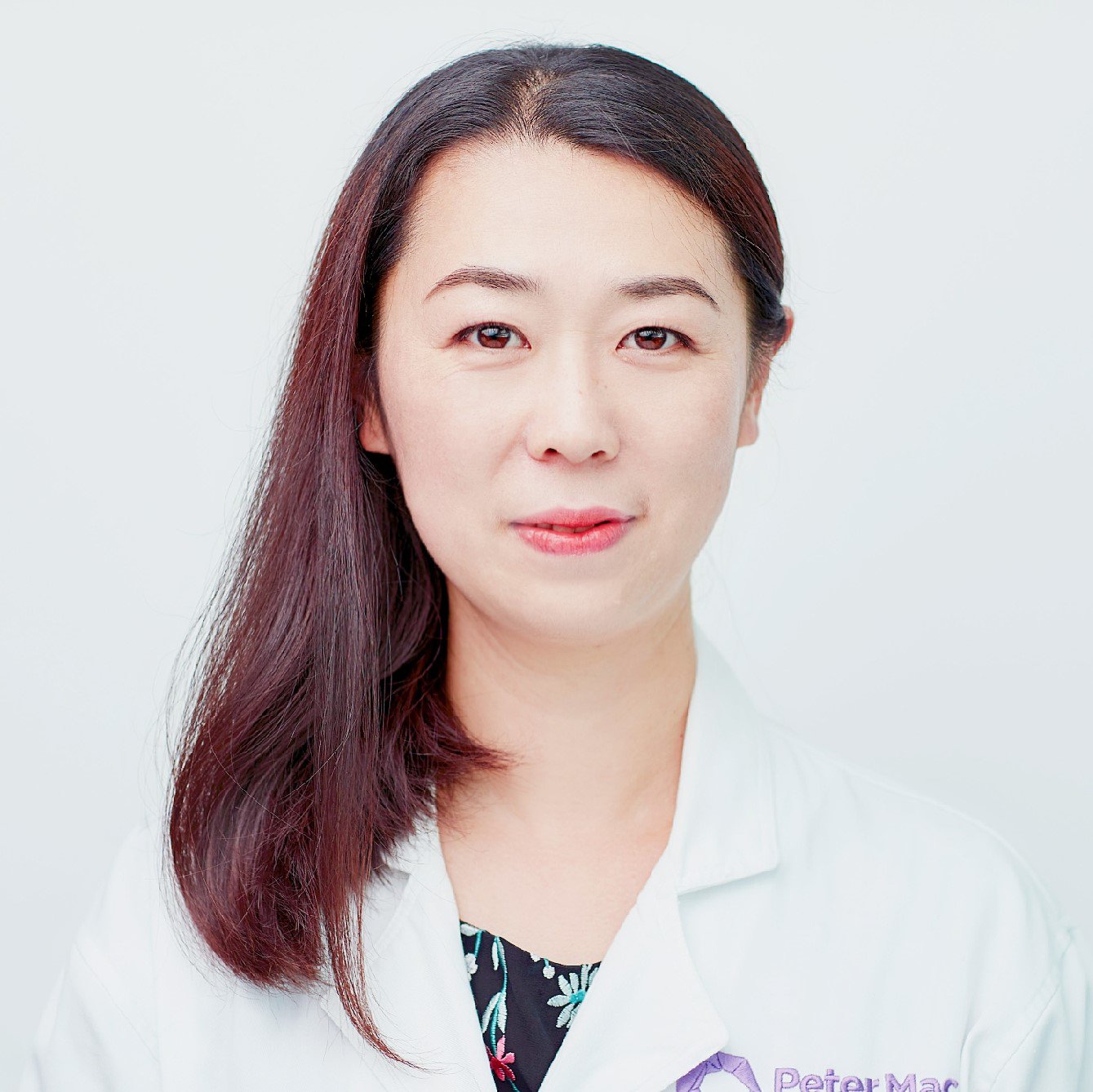
Using COVID-19 immunity to fight breast cancer
Published: 05/11/23 8:35 AM

Clare Slaney
Project Description: Chimeric antigen receptor (CAR) T therapy has shown great promise in some blood cancers but is not effective for solid tumours like breast cancer. NBCF-funded researcher Dr Clare Slaney (University of Melbourne, Peter MacCallum Cancer Centre) believes this therapy could be improved through the use of COVID-19 vaccines, to stimulate the immune system.
Why the Work is Needed: CAR T cell therapy is a promising type of immunotherapy that is effective for some blood cancers but has failed to meet expectations in the treatment of solid tumours like breast cancers. Most of the world population now have COVID-19-specific “memory T cells”, via direct exposure to the SARS-COV2 virus or through vaccination. This presents a new opportunity to engineer these immune cells to fight breast cancers. The COVID-19 mRNA vaccines can be used to boost the anti-cancer responses.
Expected Outcomes: Dr Slaney will collect memory T cells from people who have had been infected and/or been vaccinated against COVID-19. These T cells can recognise the COVID-19 virus. By re-engineering these cells to also recognise specific breast cancer surface proteins, it is thought that therapy and a COVID-19 mRNA vaccination together can be used to fight human breast cancers.
Project Details
Immunotherapy involves using the body’s own immune system to fight cancer. Within the immune system, a type of white blood cell called the T cell is particularly important in recognising diseased cells. By adding an anticancer molecule (called CAR) to a patient’s own T cells, you can create personalised T cells that can recognise cancers within the body. CAR T therapy has shown some good outcomes in blood cancers, even completely curing some types, but has limited effectiveness in solid tumours such as breast cancer.
NBCF-funded researcher Dr Clare Slaney from the University of Melbourne and the Peter MacCallum Cancer Centre, has been working to solve this problem. Her team are exploiting the presence of COVID-19 memory T cells in the majority of the population and use these cells to recognise specific breast cancer surface proteins. Combined with COVID-19 vaccination, which activates these reengineered T cells, it is thought that CAR T therapy can be effective against breast cancers.
The COVID-19 pandemic has led to international rollout of COVID mRNA vaccines, which are capable of activating T cells and can be used repeatedly, and safely, making now the ideal time to test this treatment. Dr Slaney and her team will use SARS-CoV-2-specific T cells from vaccinated or COVID-19-recovered patients as a source of CAR T cells (Corona-CAR) and use a COVID-19 mRNA vaccine to stimulate the Corona-CAR T cells to fight against cancers. If successful, this project will provide a substantial breakthrough in cancer treatment.